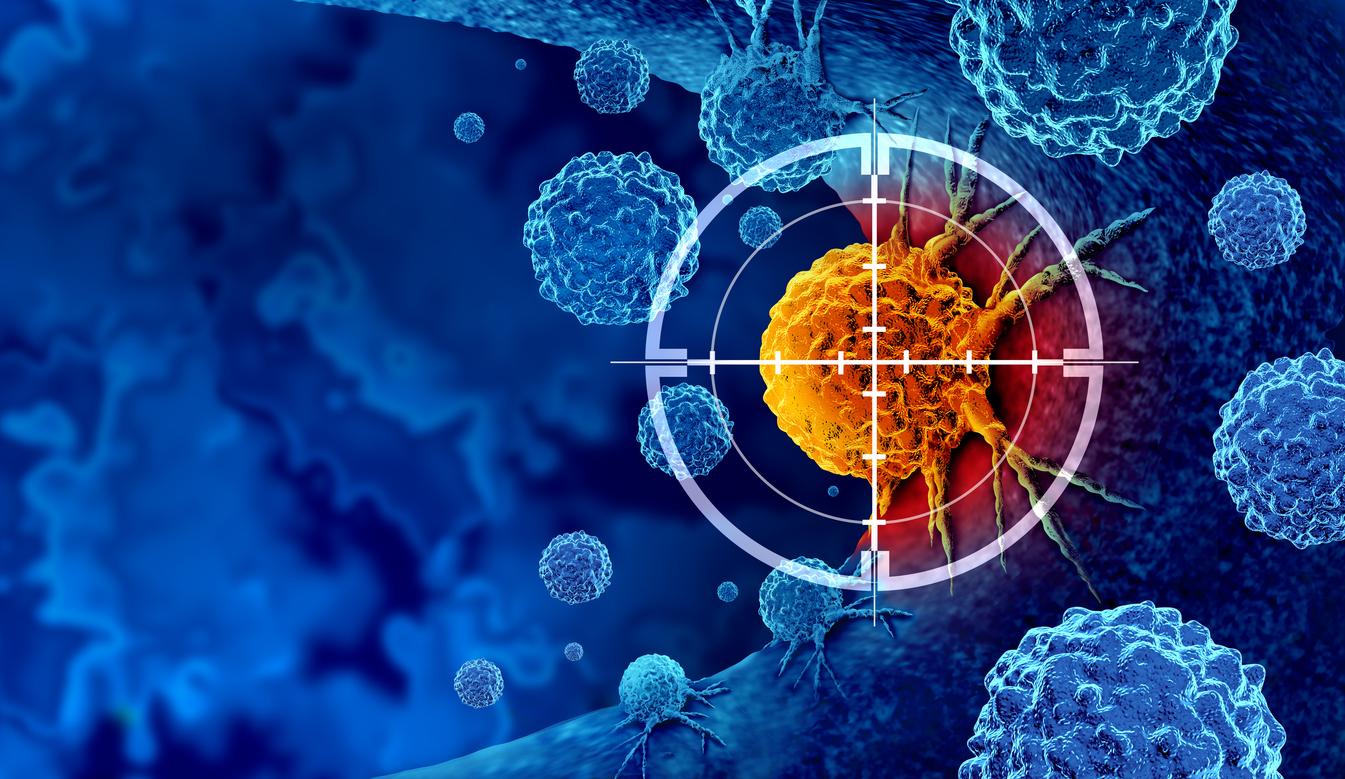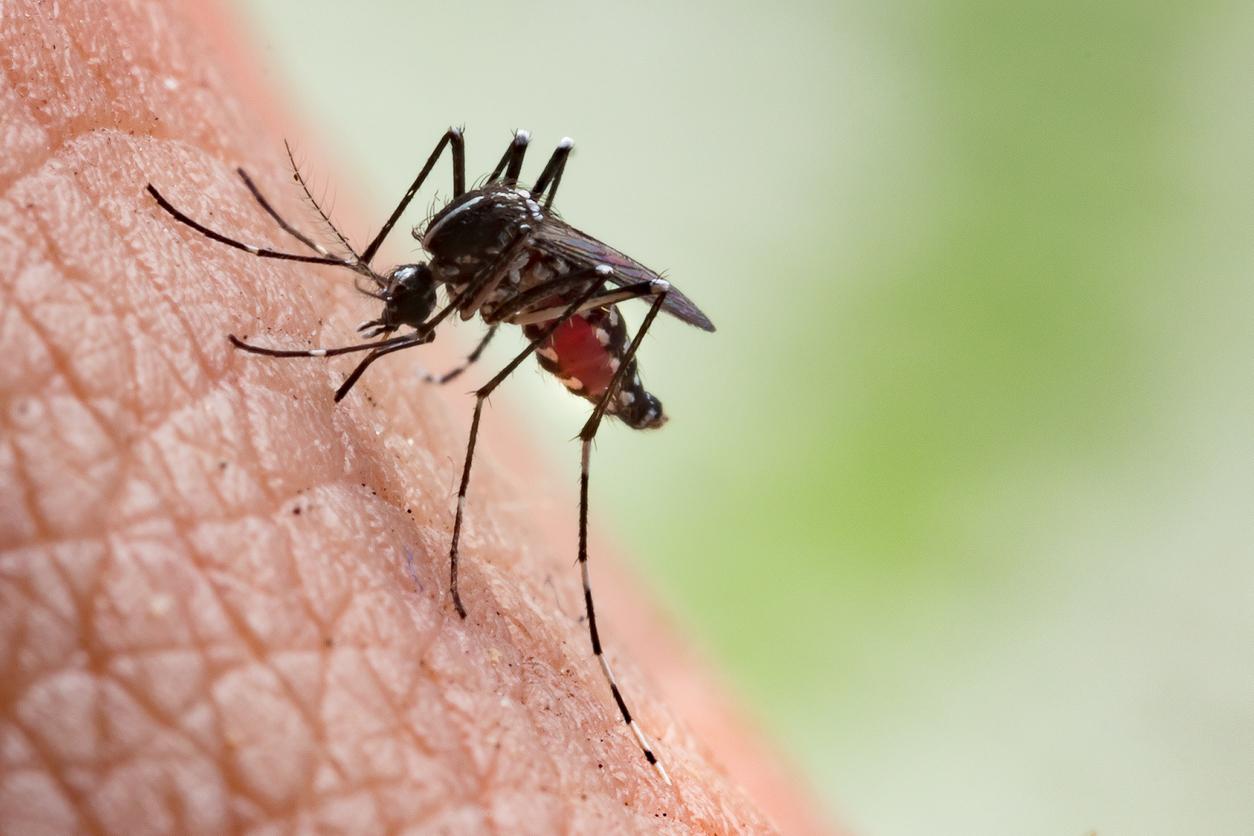Canadian researchers from Mc Gill University have discovered a way to deliver drugs to damaged cells, via cages of a nanometer size. The DNA strands that make up these “nanocubes” could be used to deliver cancer drugs to areas of the body that need them, in response to a given stimulus.
In the scientific journal Nature chemistry, the authors recount their scientific prowess and assure that these DNA boxes can take different forms. “We can create DNA cages of any geometry, size or shape. They are unique drug delivery vehicles. These boxes are extremely programmable,” says Hanadi Sleiman, one of the researchers involved in the study. , picked up by Guardian express.
These DNA cubes imagined by scientists could interact with cancer cells and release drugs to them after being activated by a specific DNA sequence. “In future applications, one could create cubes that transport drugs directly to the cells, and it would be these diseased cells that would activate the release,” explains the researcher, quoted by Gentside discoveries.
The discovery for the moment has been limited to laboratory tests. “This is just the beginning. To develop a powerful drug delivery system, we need to work on the delivery process inside diseased cells. This will be the next step.”


















